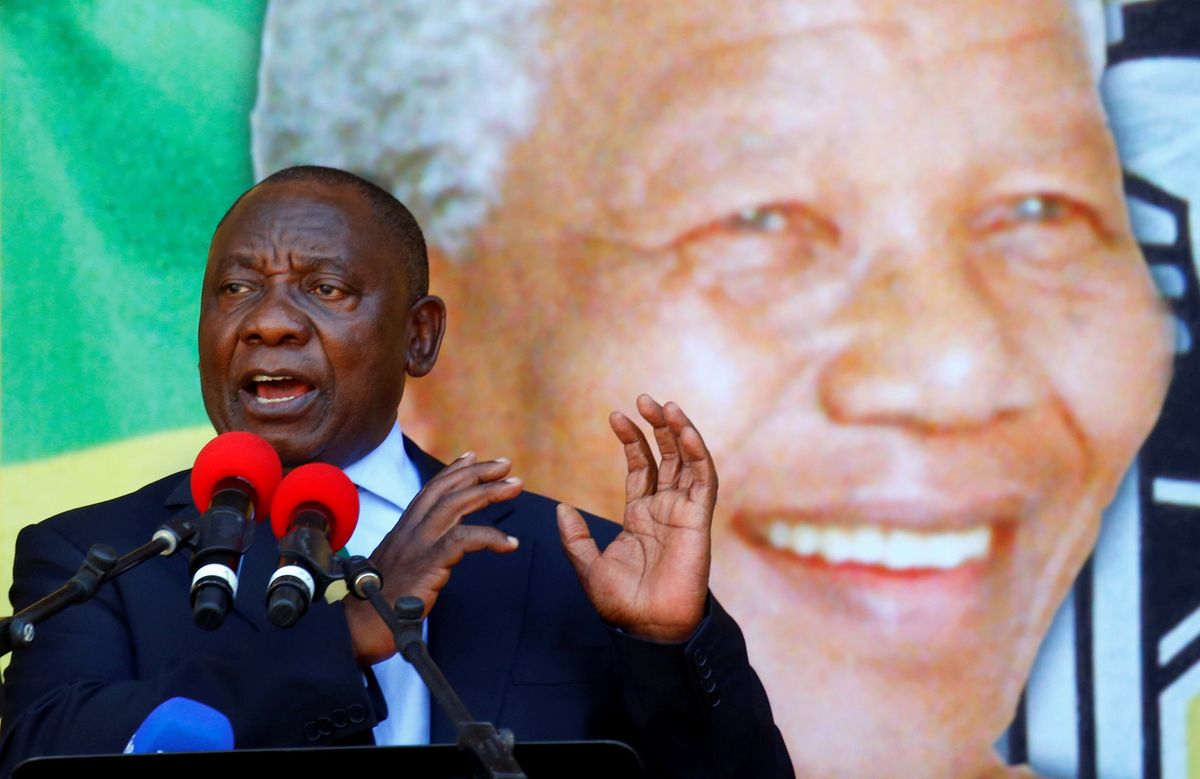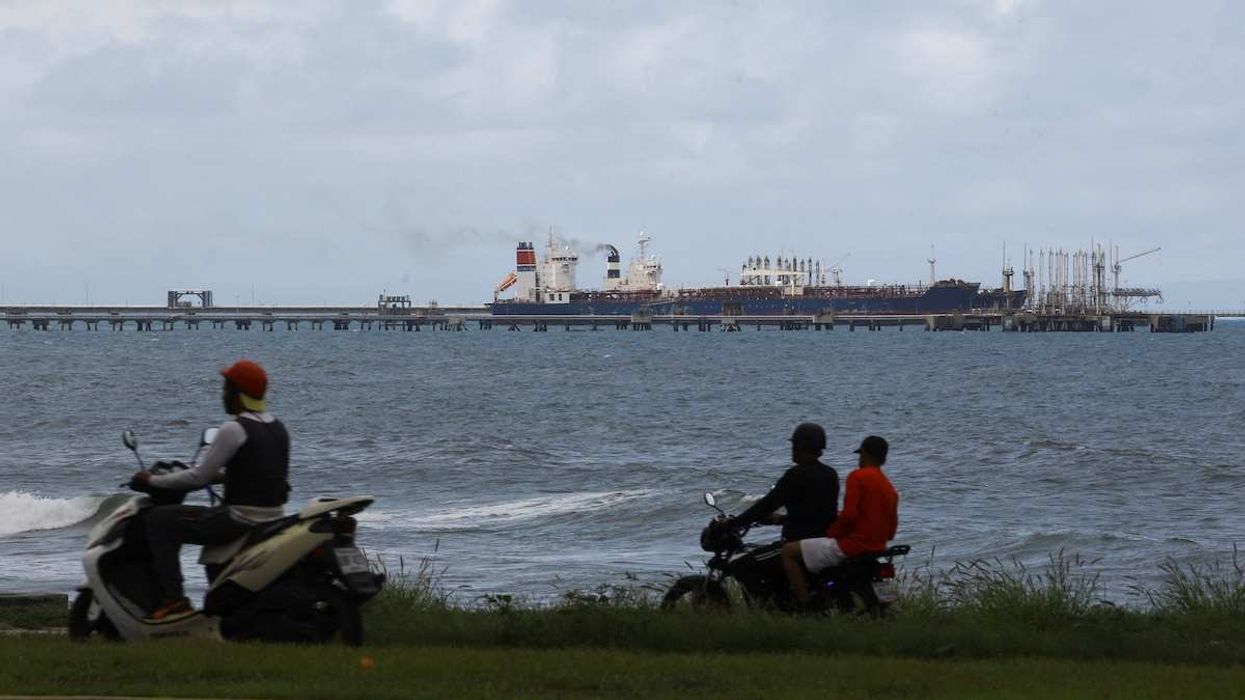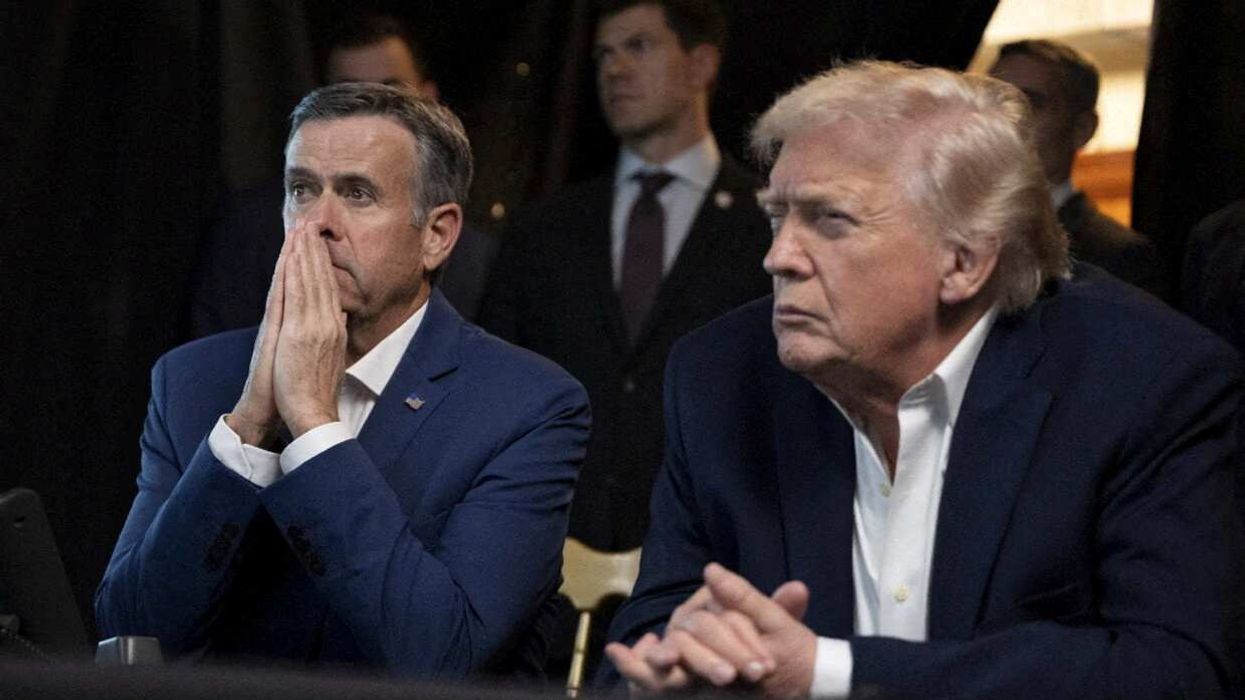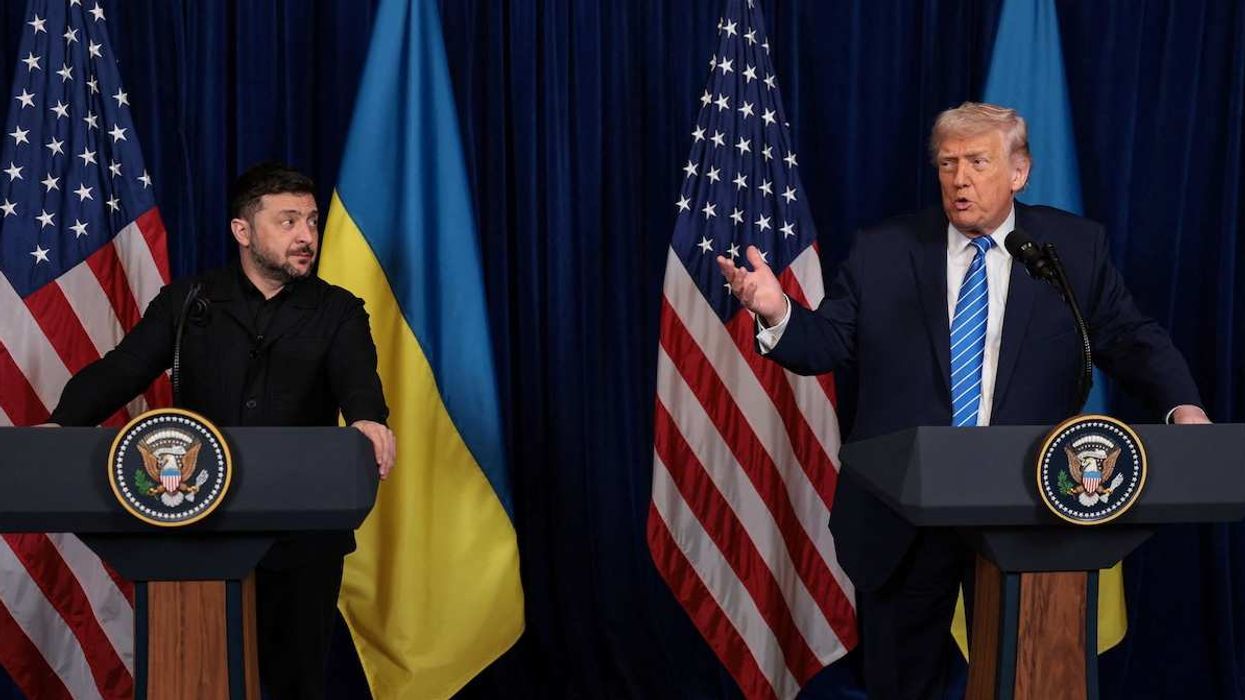The African National Congress, the party of the great liberator Nelson Mandela, has governed South Africa since the end of apartheid in 1994. But over the past decade, the party's corruption and incompetence have sabotaged growth and opportunity, particularly for South Africa's huge youth population. The party's current leader, President Cyril Ramaphosa, has pledged to clean it up and today, voters in South Africa's national elections will show whether they believe him.
We sat down with South African analysts Pietr Du Toit and Mpumi Mkhabela, separately, to discuss a pivotal moment in the country's politics.
1. What are you watching for in this year's election?
PDT: The most important thing to look for is whether or not the African National Congress, our governing party, is punished for the last nine years of corruption – "state capture" as we call it – that's occurred under their watch.
The ANC has been on a downward trajectory since the 2004 election. So today we expect them to win, but with a continued decline in in their support. I will be looking for the premium that the electorate has put on corruption. How much did it cost them?
2. How does Mandela's legacy hang over this year's election?
MM: The majority of South Africans still recognize him as an eminent leader, as a father figure, a moral icon. However, younger people don't have the same sentimental attachment to the liberation struggle as their parent.
In addition, opposition leaders try to neutralize the advantage the ANC receives through its association with Mandela by claiming him for themselves. So the ANC doesn't enjoy an exclusive advantage by appropriating his legacy.
3. Which voters do you expect to abandon the ruling ANC?
MM: I think the middle class will be prepared to give Ramaphosa a chance. But among the extreme poor there are two groups. There's a group that may be willing to shift votes to the far-left opposition Economic Freedom Fighters. This a group in which many were born after 1994 and has little appreciation for the ANC's role in bringing an end to apartheid. They have typically graduated from university but are struggling to find jobs.
The second group isn't prepared to embrace an alternative to the ANC, because it's the only party they've ever known.
4. What's the biggest challenge for (ANC leader) Cyril Ramaphosa if he wins?
PDT: Ramaphosa in my mind has two choices—either save the state by cleaning up government, or save the ANC. The two are mutually exclusive.
If he decides to rid the state of graft, it means he's going to have to cut off patronage networks within his party, which will put him under enormous internal pressure.
If however he opts for unity of the party as the overriding ambition and focus, he's going to have to keep the patronage networks intact, which means that grand corruption as we've seen over the last nine years will continue.
* The exchange has been lightly edited and condensed for clarity



















